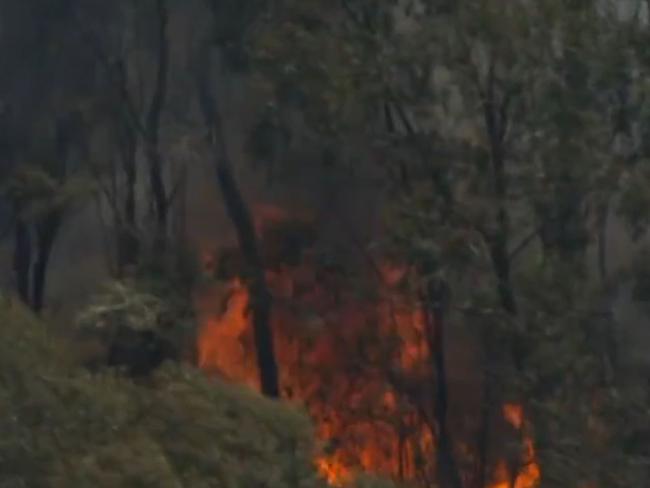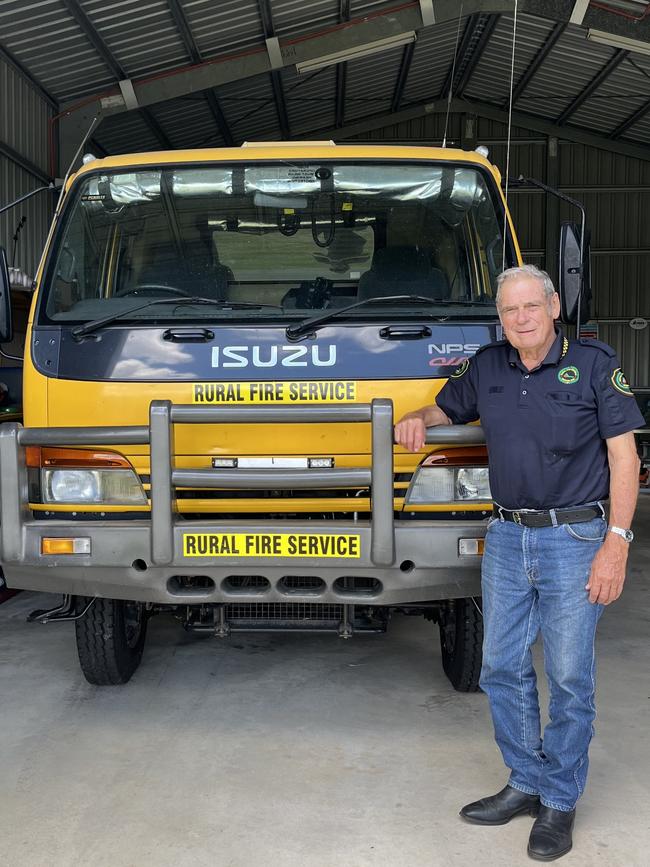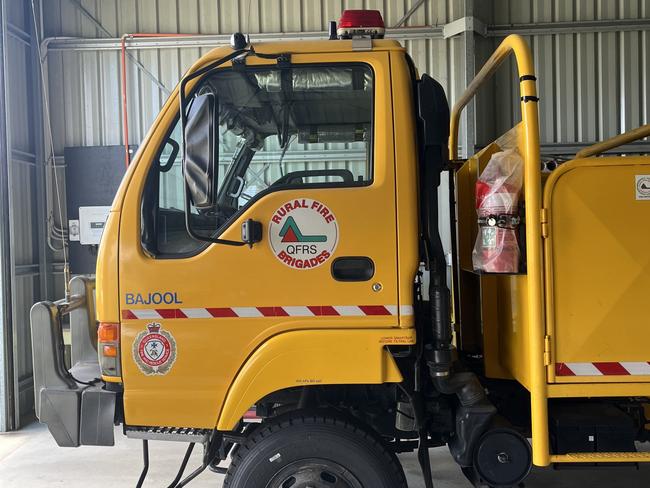Bajool volunteer firefighter appointed to RFSQ advisory board
A Central Queensland volunteer firefighter has been appointed to the Rural Fire Service Advisory Committee after fighting bushfires for more than half a century.

Police & Courts
Don't miss out on the headlines from Police & Courts. Followed categories will be added to My News.
Bajool local and volunteer firefighter Col Weeks has been appointed to the Rural Fire Service Advisory Committee after fighting bushfires for more than half a century.
The committee is a government-appointed body comprised of more than 10 members with over 230 years of combined experience.
It is designed to allow highly experienced rural firefighters like Col to share their expertise with the RFSQ Chief Officer in areas such as operations, fleet and equipment, training and development and membership.
Despite a career spent as a schoolteacher and principal, Col said he has been working on fires since he was a young boy.
“I went to my first fire when I was about nine years old,” he said.
“Fires were going down the back of our (property) towards my grandparents... Dad’s comment was ‘you’re big enough to swing a wet sugar bag, so you can come to the fire.”
“This occurred in many rural families in the early days.”

Col said that he volunteers with RFSQ in order to help keep his community safe.
“Volunteers don’t get paid for completing training or their efforts on the fire ground, or any other functions they carry out such as floods or cyclones.”
“I like working with people, and I like to see our community well protected.”
“(The Committee) is one way the volunteers can highlight their ideas to improve the services that RFSQ personnel provide to help keep our communities safe.”
In rural and regional communities, volunteer fire brigades are often required to assist with other natural disasters.
“I don’t think we’re any different to other emergency services,” Mr Weeks said.
“I mean, fire is certainly what we’re built on, but the thing that we don’t want to lose sight of is helping our communities.
“Fire is not the only emergency.
“The SES do a wonderful job, but they can’t always be there when something happens - and rural fire brigades often perform some of those functions.”

He also said that natural disasters are largely out of human control, and that proactivity is key.
“When you look at what we do outside firefighting - when we look across storms, floods, cyclones - we can’t control what’s going to happen.”
“But we can lessen the effect by being proactive.
“(I think this work attracts) a person who is genuinely wanting to help others, to be part of solving the problems.
“It doesn’t have to be a special kind of person.”




